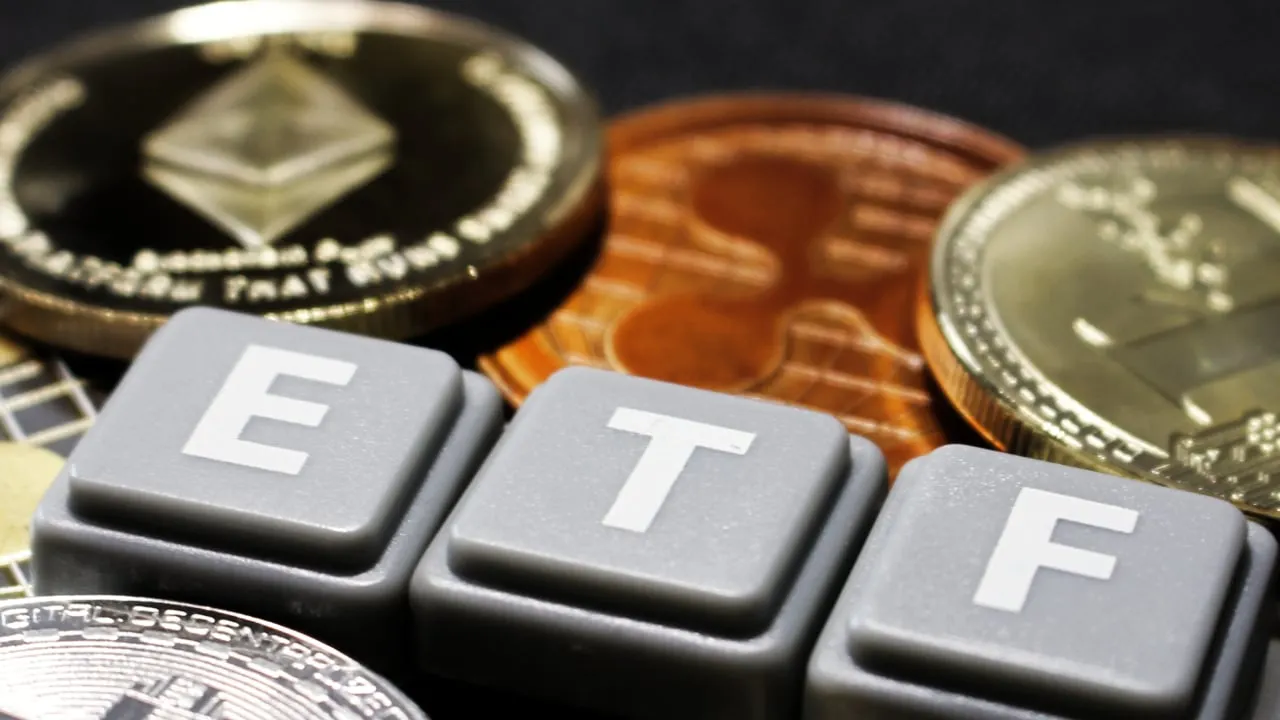Wall Street’s adoption of crypto ETFs has brought billions into Bitcoin and Ethereum, but Swiss-regulated digital asset bank Sygnum argues these funds weaken some of crypto’s core benefits.
Speaking with Decrypt at Consensus in Hong Kong on Wednesday, Max Stuedlein, head of strategic digital asset solutions at Sygnum Bank, argued that the "regular market hours" that crypto exchange-traded funds operate with for compliance have become a hindrance to unlocking the value of crypto.
In such use cases, investors are "just dragging along a lot of the negatives of traditional finance," Stuedlein told Decrypt.
Stuedlein highlighted specific limitations: restricted trading hours, reduced liquidity, and the loss of crypto's 24/7 accessibility—precisely the features attracting many investors to digital assets in the first place.
"When you wrap [Bitcoin] into something traditional like an ETF, you just destroy all of that interest," Stuedlein said.
Sygnum provides institutional and accredited investors with banking, trading, and asset management services for crypto. It was the world's first digital asset bank licensed by Switzerland's financial regulator, FINMA.
The bank sees a growing strategic divide between specialized crypto-native institutions and traditional finance players, which are now flooding the market with ETF products, Stuedlein added.
"Over time, we believe the industry will transition to a fully decentralized, on-chain financial system, but this shift cannot happen overnight," Stuedlein said. "ETFs serve as an important intermediary step, bringing exposure to new investors who may later seek direct, more sophisticated access to digital assets."
While U.S. spot Bitcoin ETFs have accumulated $110 billion or 5.89% of Bitcoin's market cap, and spot Ethereum ETFs with $10.37 billion (3.15% of ETH's market cap), according to CoinGlass data, Sygnum argues these vehicles fundamentally compromise what makes crypto unique.
Still, they are a way to attract new entrants into the space.
"Historically, we’ve seen a trend where investors move from ETFs into spot holdings rather than the other way around as they deepen their engagement with the asset class," Stuedlein said. "This reinforces our belief that ETFs are a critical part of the broader evolution towards digital asset adoption rather than a final destination."
"For us, it's about building products and services on the digital asset because that's where the value is going to come from," Stuedlein explains. "Focusing on the core digital assets and the benefits they bring rather than trying to shoehorn additional assets into a traditional structure is a better way forward."
It follows a slew of ETF proposals beyond Bitcoin and Ethereum being acknowledged by the U.S. SEC for the first time, a trend that could open 'floodgates' for additional capital, according to Bitwise CIO Matt Hougan.
Earlier in January, analysts from JP Morgan published a report projecting potential inflows between $3 to $6 billion for Solana ETFs and $4 to $8 billion for XRP products if approved.
Sygnum, which manages over $4.5 billion across 65 countries and achieved unicorn status earlier this year, claims to represent a middle ground—a regulated bank embracing blockchain's potential while questioning whether Wall Street's approach dilutes crypto's fundamental advantages.
"Take a look at [what are] the benefits that digital assets are bringing and build the services on that, rather than trying to create a traditional product that references a digital asset," Stuedlein said.
Edited by Sebastian Sinclair
Editor's note: Adds additional commentary from Stuedlein to clarify his stance on ETFs.

